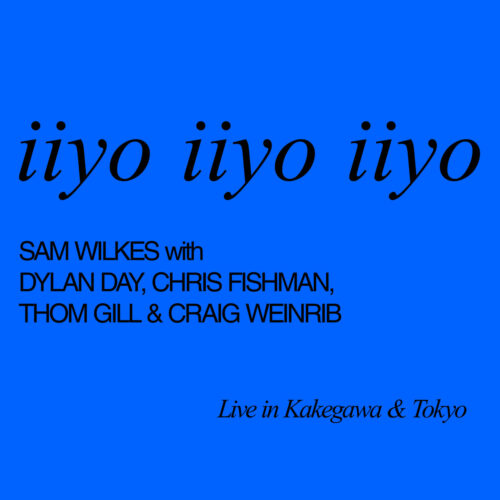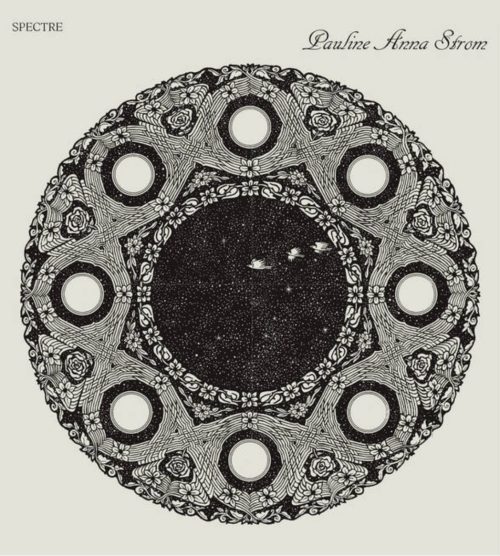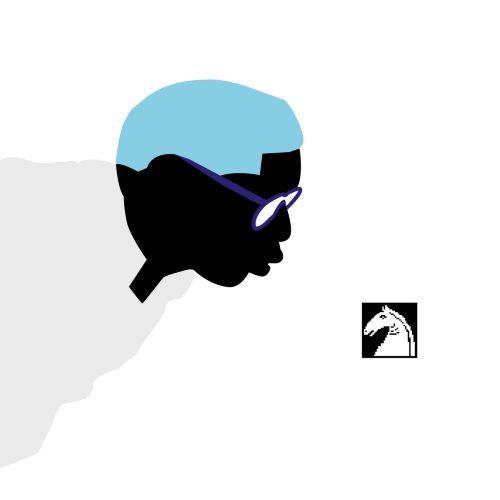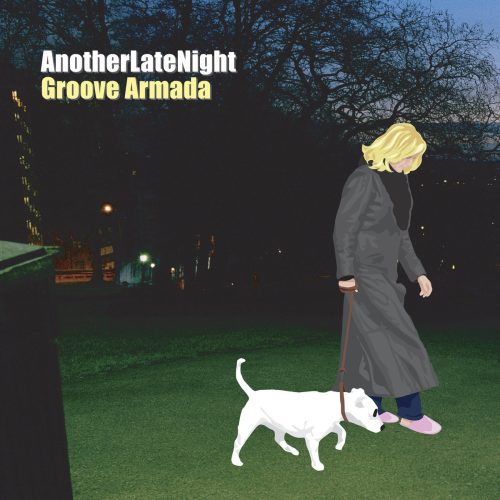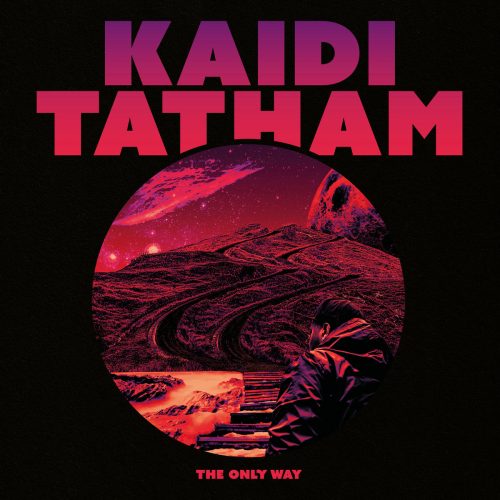iiyo iiyo iiyo
Label: Wilkes
Genre: Electronic, Experimental, Highlights, Jazz, Record of the Week
$34.99
Out of stock
Audiopile Review: Arriving only a few months after his release of sunset improvisations with Craig Weinrib (drums) and Dylan Day (guitar), Sam Wilkes returns with those two alongside Chris Fishman (Moog) and Thom Gill (guitar/keys) for a live album that expands on the ambient-jazz and drifting Americana deployed earlier this year. All mainstays of the extended Wilkes multiverse, the quintet came together as the result of scheduling error for a 2022 festival stop in Japan, though the guiding hand of their band leader is assured enough to unite them in what sounds more like destiny than mere happenstance. Very similar to the winding sprawl of his album alongside Weinrib and Day, the addition of Moog and keys adds a nocturnal depth that elevates this from those previous dusky movements and into a starry ascent. Unhurried, the five-piece tease the edge of placidity with the gentle, improvisational coaxing of their instruments, the intertwining sounds of light snare brushes and shimmering cymbals, floating Moog solos, yawning pedal steel, Metheny-inspired guitar runs, and zen-like piano ambience are pulled along by the gentle tip-toe of Wilkes’ subtle bass moves. With Metheny being mentioned here, it’s worthing noting the influence of ECM, particularly the smoother ‘80s era, on this recording, but the smart addition of Moog and keys also brings to mind Greg Foat’s flightier moments among these tranquil, mellowed vibes. In other words, this one lands right in our sweet spot. Edition of 500, ordered direct from the artist.
***
When Festival de Frue’s organizers asked Sam Wilkes to put together an ensemble for their 2022 festival, they initially asked for the band he created for his 2021 album “One Theme & Subsequent Improvisation.” With keyboardist Chris Fishman (Pat Metheny, Louis Cole) the only member of that group who was available, Wilkes asked that the organizers select one of two groups as an alternative: a Trio featuring drummer Craig Weinrib (Henry Threadgill, Amen Dunes) and guitarist Dylan Day (Jenny Lewis, Jackson Browne)—with whom Wilkes recently released a trio album—or a Quartet featuring Weinrib, Fishman, and keyboardist and guitarist Thom Gill (KNOWER, Joseph Shabason). “I couldn’t make the decision on which band I should bring, I felt very confused about it,” he says. Through a strange series of miscommunications—or simply a bit of serendipity—both Wilkes and the Frue organizers thought the other had suggested combining the ensembles into a Quintet including members of both groups. An idea that neither side voiced somehow became the obvious choice.
The combined Quintet represents what Wilkes calls “two disparate worlds in my community,” that of the “virtuosic, fast-paced grid” of music played with Fishman and Gill, “and this other thing with Dylan that’s coming from different elements of traditional American music.” Luckily, Weinrib fits seamlessly into both worlds. While all members of the group played on Wilkes’ 2023 album Driving, they’d never all played together. They had one five-hour rehearsal in Tokyo, but, Wilkes says, “It was impossible for me to predict how this music was going to sound.” His strategy, after showing them the arrangements of several of his own compositions and a few covers, was to “allow everyone to blossom fully” with the hope that “what I’ll get is everyone’s personality being expressed unfettered.”
iiyo iiyo iiyo is Sam Wilkes’ fifth album as bandleader and arranger, and the atmosphere is so rich it spills out of the speakers. The album, a document of the Quintet’s meeting, was recorded live at Festival de Frue in Kakegawa and at WWWX in Tokyo, where they played headlining sets for hundreds of people. Not that you’d know it from the intimate interplay between the players or the small-room feel of the recording. In opener “Descending,” which made its debut on Wilkes’ 2018 self-titled album, the mood is so cozy you’d swear the sound of kids at play in the back of the hall had been sampled in—another perfect bit of serendipity.
For Wilkes, setting the right tone for a performance or a recording is paramount, and it’s inseparable from how he understands his role as a bassist. “My entryway into understanding my thing, what I care about the most in music, was through accompaniment; focusing on time, feel, tone, form, and most importantly, listening.” he says. “There are things that are ineffable about that, which is the energy. But there are also conscious and subconscious decisions, where I’m arranging and orchestrating to create the ultimate environment for, say, Dylan to play his melody over, or Thom to play his. Those are choices as much as reactions, combining in equal parts in-depth preparation and total improvisation”
The title iiyo iiyo iiyo is a Japanese expression used in response to an outpouring of gratitude, a cheeky way of brushing the accolades off of oneself. Accordingly, the record is full of charming, homespun personality. In a gorgeous version of the standard “I Wanna Be Loved,” Day plays the melody in a way that moves between washed-out ambient gauze and a traditionally beautiful run of lines that echoes the Dinah Washington original. While the band circulates the mantric melody in “Descending,” Fishman dots around it on his Moog One, opening a new seam in a song that’s quickly become a Wilkes standard. Weinrib’s patient, impressionistic brush strokes seem to swirl beneath the melody, while Gill fogs the room with thick, reverb-heavy accompaniment from his keys.
And where is Wilkes in all this? He’s guiding his friends, helping them decorate a room that he himself built, drawing them deeper into the song’s wistful, hopeful, grounded atmosphere. His polyphonic voicings—a signature of his playing—sets out the song’s boundaries and acts as both its musical and emotional anchor.
It’s the approach Wilkes takes across the album, using his phrasing as both the music’s gravitational center and its heart, and he does it to perfection in the opening minute or so of “Girl.” The song originally appeared on Sam Wilkes “Sings” (2014–2016)” in what he calls a “psychotically different arrangement.” On stage in Kakegawa, he slows the song to a crawl and isolates its central chords. He plays them gently, patiently; he voices the chords with the clarity of a person who’s just cried out all of their confusion. As Wilkes says, his role as a bassist means that he’s the foundation of these songs, and foundations by their very nature tend to be obscured. Here, for one lovely moment, he strips everything back to the studs, revealing the lush architecture that holds this miraculous music together.

